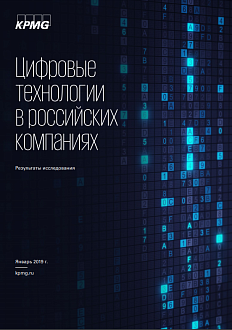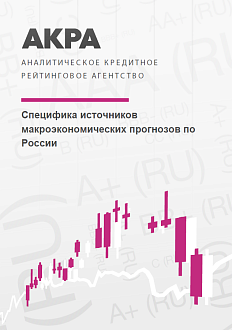Companies are taking their first steps in a new post-digital world. Its a world where products, services, and even peoples surroundings are customized, and where businesses cater to the individual in every aspect of their lives, shaping the very realities they live in. But as we move collectively into the post-digital era, these capabilities and advantages are now available to every organization. Digital itself is no longer differentiating. This publication by the consulting company Accenture seeks to find an answer to the question of how leaders are going to set themselves apart at a time when every business is heavily investing in digital technologies.
According to the results of a survey of 6,672 business and IT executives carried out by Accenture in 2019, 45 percent of the respondents report the pace of innovation in their organizations has significantly accelerated over the past three years due to emerging technologies. The authors of the publication observe that besides companies, individuals are also adopting new technology both quickly and completely, and whether theyre customers, employees, or even threat actors, they are beginning to outpace enterprises in their digital transformations. They are more knowledgeable about technology itself and how companies use it, and are becoming selective and demanding of what they adopt, challenging companies to work with them or adapt to them in different ways.
As companies move to meet these goals, they must also accept a new level of responsibility. As businesses use technologies to reach further into peoples lives, shaping the very fabric of reality, they must address the privacy, safety, ethics, and governance questions that come along with that level of access.
This publication highlights five emerging trends that will shape businesses over the next three years. The trends are:
- growing relevance of distributed ledger technology, artificial intelligence, extended reality, and quantum computing;
- increasing customization for every consumer;
- new workforces with better skillsets and constantly growing capabilities made possible through technology;
- rising importance of security as leading businesses rely on interconnectedness to collaborate with entire ecosystems in order to deliver best-in-class products, services, and experiences;
- necessity of meeting consumers needs as quickly as possible.
.png)






